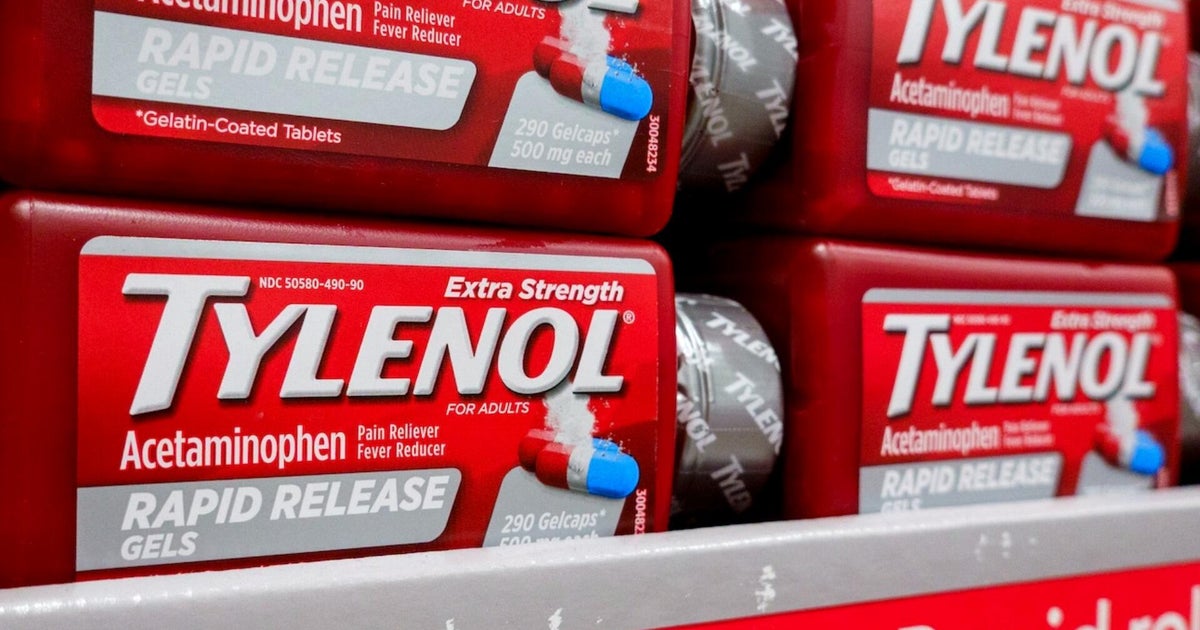The Gastroenterologist’s Top Fiber Secret: How Psyllium Husk Transforms Digestion
Discover why gastroenterologists recommend psyllium husk for constipation relief. Learn dosage, hydration tips, and gut‑health benefits in this in‑depth guide.

Constipation affects nearly 12 percent of adults worldwide. For many, a gentle, effective solution lies in a simple dietary fiber: psyllium husk, also known as isabgol. Gastroenterologists and gut health experts often highlight this supplement as a natural go‑to for easing constipation, restoring regularity, and supporting overall digestive wellness. But using it correctly—with the right dose, ample hydration, and thoughtful timing—is essential for safety and maximum benefit.
What Makes Psyllium Husk Special:
Natural Soluble Fiber from Plantago ovata
Psyllium husk is derived from the seeds of the Plantago ovata plant, primarily grown in India. It is a gel-forming soluble fiber that absorbs water in the digestive tract, increasing stool bulk and softening consistency to ease passage. It's the only fiber that both softens hard stool and firms loose stool—making it especially useful in constipation or diarrhea alike.
Backed by Scientific Consensus
Health authorities such as the American College of Gastroenterology and the American Gastroenterological Association endorse psyllium for chronic constipation and IBS. Clinical studies consistently show it reduces LDL cholesterol, improves blood sugar control in type 2 diabetes, and even raises feelings of fullness, supporting weight management efforts.
How Psyllium Works:
Gel Formation and Stool Regulation
When mixed with water, psyllium husk forms a thick gel. This gel increases stool weight, stimulates bowel motility, and helps ease elimination. Unlike stimulant laxatives, it works more gently and predictably by mimicking natural fiber function.
Prebiotic Effects and Microbiome Shift
Psyllium also acts as a prebiotic, nourishing beneficial gut bacteria. Research shows that in constipated patients, psyllium shifts gut microbiota—boosting beneficial types like Faecalibacterium and Roseburia, which generate short-chain fatty acids that support colon health and faster transit.
Recommended Use and Dosage:
Starting Slow is Key
Experts recommend beginning with a small dose, such as one teaspoon daily, and gradually increasing. Typical guidance is to build up to 1 tablespoon (about 7 g) once or twice daily, mixed in at least 150 mL water, and taken before meals.
H3: Hydration Is Non-Negotiable
Psyllium absorbs a substantial amount of fluid—if you don’t drink enough water, it can lead to bloating, gas, or even intestinal blockage. Consuming 8–10 glasses of fluid daily is essential when using this supplement.
▶ Health Benefits You Can Count On:
Quicker Relief from Constipation
Clinical evidence indicates daily intake of 10 g of psyllium can lead to approximately three more bowel movements per week, outperforming some over-the-counter laxatives in gentle efficacy. It also reduces straining and improves stool consistency.
Blood Sugar and Heart Health Benefits
Studies show psyllium slows glucose absorption, lowering fasting blood sugar in individuals with diabetes or metabolic syndrome. It also binds to bile acids—contributing to LDL cholesterol reduction by up to 24%. Consistent use may even complement statin therapy.
Weight Management and Satiety
Because psyllium forms a gel in the stomach, it expands to promote a feeling of fullness. This helps curb appetite and reduce calorie intake, supporting weight-loss efforts—though it isn’t a substitute for prescription medications.
Potential Side Effects and Precautions:
Gradual Introduction Reduces Discomfort
New users may experience mild gas, bloating, or abdominal distension. These symptoms typically diminish over time as the gut adapts. Inferior fiber intake or poor hydration exacerbates these effects.
When Not to Use It
People with swallowing difficulties, intestinal blockages, narrow digestive tracts, or chronic conditions like Crohn’s disease or kidney disease should consult a healthcare provider before using psyllium. Rare cases of allergic reaction or choking from improper use have been reported.
Medication Timing
Because psyllium can delay absorption, it’s prudent to take it at least two hours before or after other medications, especially those critical to absorption or efficacy.
Expert Advice from Gastroenterologists
Dr. Jindal’s Practical Tips
Gastroenterologist Dr. Jindal recommends psyllium husk as a first-choice natural fiber supplement—emphasizing hydration, correct dosage, and gradual fiber buildup. He advises starting with a smaller dose, consuming it rapidly with water, and consulting providers if swallowing or gastrointestinal issues exist.
Gradual Transition from Food Fiber
While psyllium helps regulate stool immediately, long-term gut health benefits when complemented by fiber-rich whole foods—such as fruits, vegetables, legumes, and whole grains.
How to Incorporate Psyllium Safely
Sample Daily Routine
-
Morning: 1 teaspoon psyllium in 150 mL water before breakfast
-
Midday: Increase to 1 tablespoon mixed in water if no discomfort
-Throughout the day: Consume fruits, legumes, and whole grains for natural fiber support.
Morning Is Best, But Always With Water
Psyllium is most effective when paired with a meal that helps buffer its gel effect and aids digestion—a breakfast with hydration remains ideal.
Article Summary:
| Topic | Practical Tip or Result |
|---|---|
| Starting Dose | 1 teaspoon daily, increase gradually to 7 g |
| Hydration Required | At least 8–10 glasses daily |
| Benefits | Relieves constipation, improves blood sugar/cholesterol |
| Gut Microbiome Impact | Boosts helpful bacteria, supports colon health |
| Common Side Effects | Gas, bloating, can be prevented by slow dose increase |
| Who Should Avoid It | People with swallowing issues, strictures, kidney disease |
| When and How to Take | Before meals, separated from medications by 2 hours |
Why Psyllium Husk Matters in Fiber Therapy
-
It is the only fiber endorsed by major gastroenterology associations for constipation and IBS.
-
It normalizes stool in both constipation and diarrhea without harsh stimulation.
-
It supports cardiovascular and metabolic health, beyond digestion.
-
Even moderate dosages consistently deliver results with minimal side effects.
Conclusion
For those suffering from constipation or seeking to support gut health, psyllium husk stands out as the go-to fiber solution—typical recommendations align with what gastroenterologists use in practice. The key lies in using it mindfully: start low, stay hydrated, and pair with balanced nutrition. It’s not a miracle pill—just a powerful, time-tested tool that can bring real relief safely and effectively.
Disclaimer:
This article is for informational purposes only and not a substitute for professional medical advice. Please consult your doctor before making any health decisions. myhospy.com is not liable for any outcomes based on this content.
What's Your Reaction?
 Like
0
Like
0
 Dislike
0
Dislike
0
 Love
0
Love
0
 Funny
0
Funny
0
 Angry
0
Angry
0
 Sad
0
Sad
0
 Wow
0
Wow
0


























































